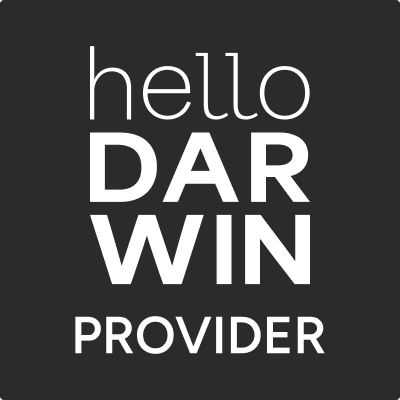Introduction to UX Design Agencies: Paving the Way for Enhanced User Interactions
In today's digital era, the importance of user experience (UX) cannot be overstated. At the heart of creating immersive, user-friendly platforms lies the expertise of UX Design Agencies. These entities are specialized firms that focus on enhancing the usability, accessibility, and pleasure provided in the interaction between the user and the product. Through a blend of psychology, design principles, and technology, UX design agencies play a pivotal role in molding the digital landscapes that businesses and consumers navigate daily.
Definition and Importance
User Experience (UX) design is a customer-centric approach that aims at improving the overall experience of a user while interacting with a digital product or service. It involves a comprehensive understanding of users, including their needs, values, abilities, and limitations. UX design isn't merely about the aesthetic appeal of a product but its functionality and ease of use. The ultimate goal is to create products that provide meaningful and relevant experiences to users.
The importance of UX design in today's business environment is profound. A well-designed UX can lead to improved customer satisfaction and loyalty, increased usage, and higher conversion rates. It's the subtleties in the user experience that can significantly impact the perception of your brand and the effectiveness of your digital platform.
User Experience (UX) in Design Services
UX design agencies offer a range of services aimed at optimizing the user experience. These services include, but are not limited to, user research, user interface (UI) design, interaction design, usability testing, content strategy, and prototyping. Each of these services plays a critical role in the development of a product that is not only visually appealing but also intuitive and easy to navigate.
User Research:
This involves understanding the behaviors, needs, and motivations of users through observation techniques, task analysis, and other feedback methodologies.
User Interface (UI) Design:
Focuses on designing the layout and interactive elements of a product, such as buttons, icons, spacing, typography, color schemes, and navigation.
Interaction Design:
Involves creating the conceptual design upon which a product’s interactions are based, with the goal of making products more user-friendly and interactive.
Usability Testing:
A method used to evaluate a product by testing it on users. This helps in identifying any usability problems, collecting qualitative and quantitative data and determining the user's satisfaction with the product.
Content Strategy:
Involves planning, development, and management of content—text, images, video, etc.—ensuring that it is useful, usable, and appropriate for the audience.
Prototyping:
The creation of rapid prototypes for a website or app that allows for testing and refinement of concepts before the final product is developed.
Role of UX Design Agencies in Digital Marketing
The connection between UX design and digital marketing is intrinsic. In a landscape where digital presence is paramount, having a user-friendly platform can substantially enhance marketing efforts. UX design agencies contribute to digital marketing by ensuring that a company's digital touchpoints are optimized for user engagement, leading to higher conversion rates, customer retention, and ultimately, a stronger brand reputation.
A well-executed UX design ensures that users find value in what you are providing, which is essential for successful digital marketing. Whether it's through a website, mobile app, or online platform, UX design agencies help businesses connect with their audiences on a deeper level, fostering relationships that are built on positive, meaningful interactions.

